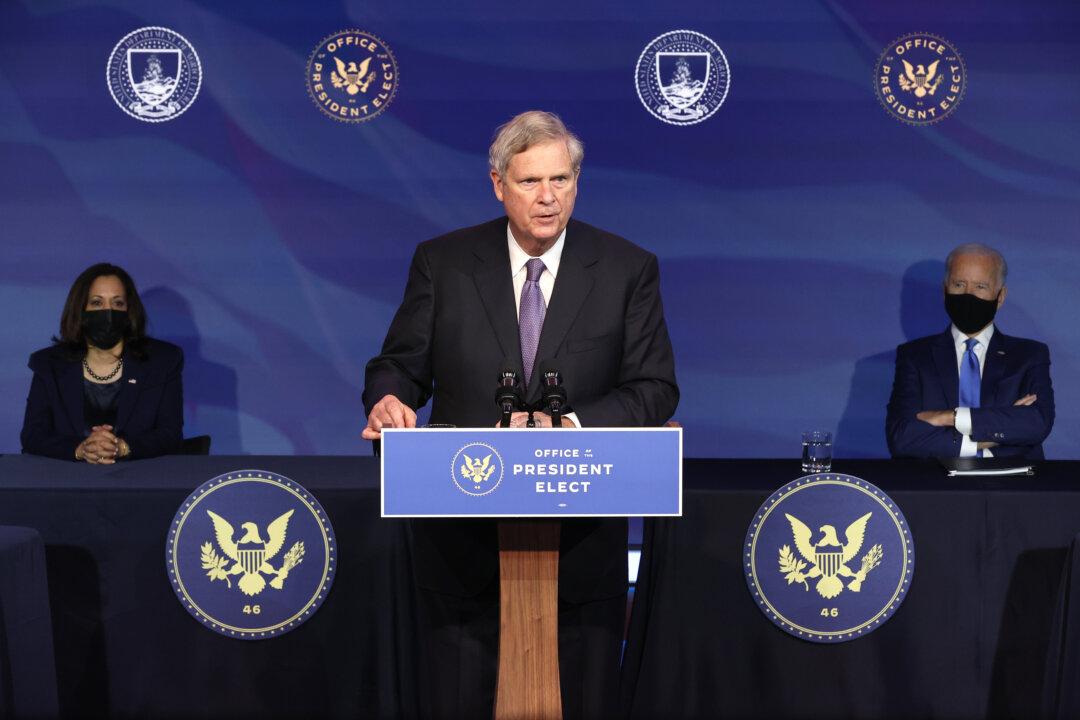On Feb. 23, the U.S. Senate confirmed Tom Vilsack as secretary of the U.S. Department of Agriculture (USDA).
He has said he’s committed to advancing President Joe Biden’s climate agenda within the agricultural sector. He has also said he will prioritize nutrition equity and equity for farmers of color, echoing another of Biden’s top priorities, racial equity.





